Constipation is a common gastrointestinal problem affecting millions of people worldwide. While various factors contribute to its occurrence, including lifestyle, stress, and medical conditions, diet plays a significant role. Good food habits can alleviate constipation symptoms, whereas bad food habits can exacerbate them. Understanding these dietary factors is crucial for managing and preventing constipation effectively.
Table of Contents
Good Food Habits for Constipation:
Fiber-Rich Foods:
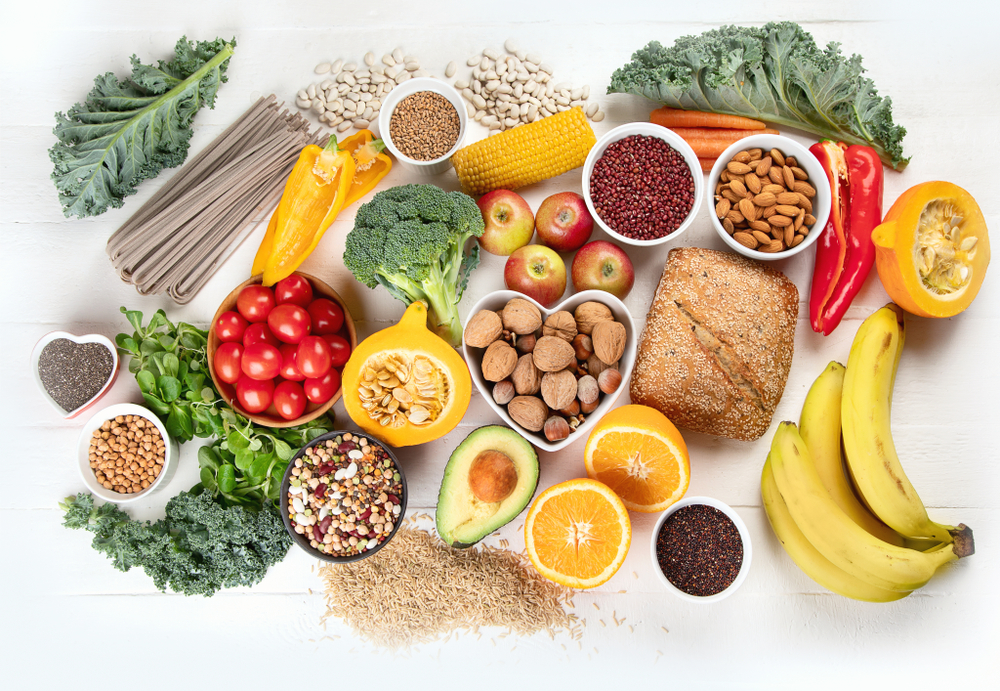
- Including fiber-rich foods in your diet is essential for maintaining regular bowel movements.
- Fiber adds bulk to stool, making it easier to pass through the digestive tract.
- Foods such as fruits (apples, pears, berries), vegetables (broccoli, spinach, carrots), whole grains (oats, brown rice, quinoa), and legumes (beans, lentils) are excellent sources of dietary fiber.
Hydration:
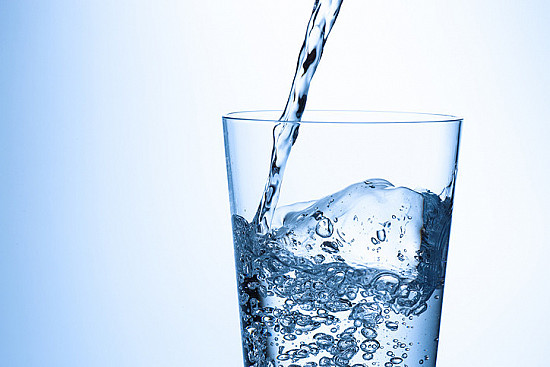
- Adequate hydration is essential for softening stool and promoting regular bowel movements.
- Drinking plenty of water throughout the day helps prevent dehydration, which can contribute to constipation.
- Aim for at least 8 glasses of water daily, and include hydrating foods like cucumbers, watermelon, and soups in your diet.
Prunes and Prune Juice:
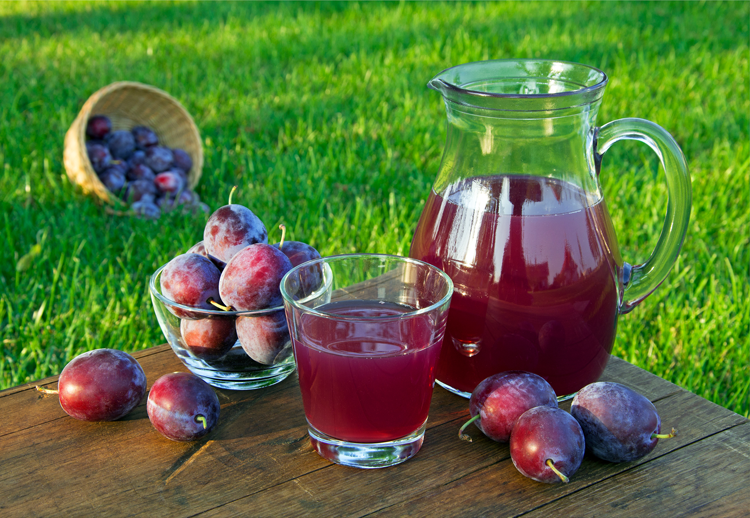
- Prunes are renowned for their natural laxative effects due to their high fiber and sorbitol content.
- Sorbitol acts as an osmotic agent, drawing water into the intestines and promoting bowel movements.
- Consuming prunes or drinking prune juice regularly can help alleviate constipation symptoms effectively.
Probiotic-Rich Foods:
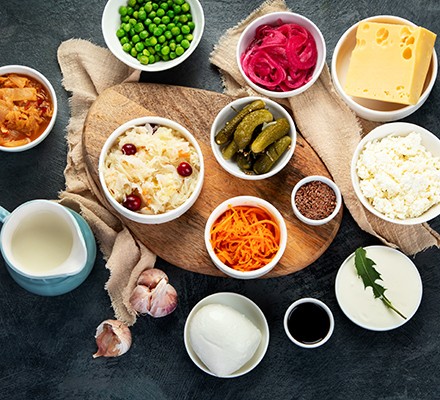
- Probiotics are beneficial bacteria that promote gut health and regularity.
- Incorporating probiotic-rich foods such as yogurt, kefir, kimchi, sauerkraut, and kombucha into your diet can help maintain a healthy balance of gut flora, thereby reducing the risk of constipation.
Healthy Fats:
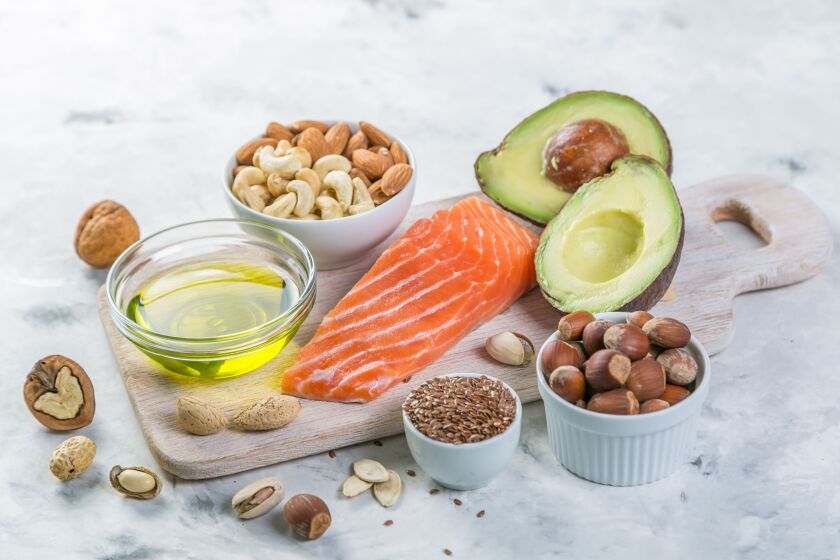
- Including healthy fats in your diet can help lubricate the intestines and ease bowel movements.
- Foods rich in omega-3 fatty acids, such as salmon, flaxseeds, chia seeds, walnuts, and olive oil can contribute to digestive health and prevent constipation.
Bad Food Habits for Constipation:
- Highly Processed Foods:
- Processed foods often lack fiber and essential nutrients, contributing to constipation.
- These include fast food, sugary snacks, white bread, and processed meats.
- Limiting the intake of such foods is crucial for maintaining optimal digestive health.
- Excessive Dairy Consumption:
- While dairy products can be a good source of calcium and protein, excessive consumption, especially of cheese and whole milk, can lead to constipation in some people.
- If dairy tends to worsen your constipation symptoms, consider reducing your intake or opting for lactose-free alternatives.
- Red Meat:
- Red meat, particularly when consumed in large quantities, can slow down digestion and increase the risk of constipation.
- Instead of relying heavily on red meat, diversify your protein sources with lean meats, poultry, fish, and plant-based options like tofu and tempeh.
- Caffeine and Alcohol:
- Both caffeine and alcohol can have dehydrating effects on the body, which can exacerbate constipation.
- While moderate consumption may not pose significant problems for everyone, excessive intake can disrupt bowel function.
- Limiting caffeinated and alcoholic beverages and ensuring adequate hydration is important for preventing constipation.
- Low-Fiber, Low-Water Diet:
- Diets lacking in fiber and water content are a recipe for constipation.
- Avoiding fruits, vegetables, whole grains, and sufficient water intake can lead to sluggish digestion and difficulty passing stool.
- Instead, prioritize these essential components of a healthy diet to support regular bowel movements.
Balanced Diet Plan:
Creating a balanced diet plan tailored to different age groups is crucial for meeting nutritional needs, promoting overall health, and supporting optimal growth and development.
Here’s a comprehensive guide to balanced diet plans for children, adults, and older persons:
For Children:
Children require a diverse range of nutrients to support their growth, development, and energy needs.
A balanced diet for children should include:
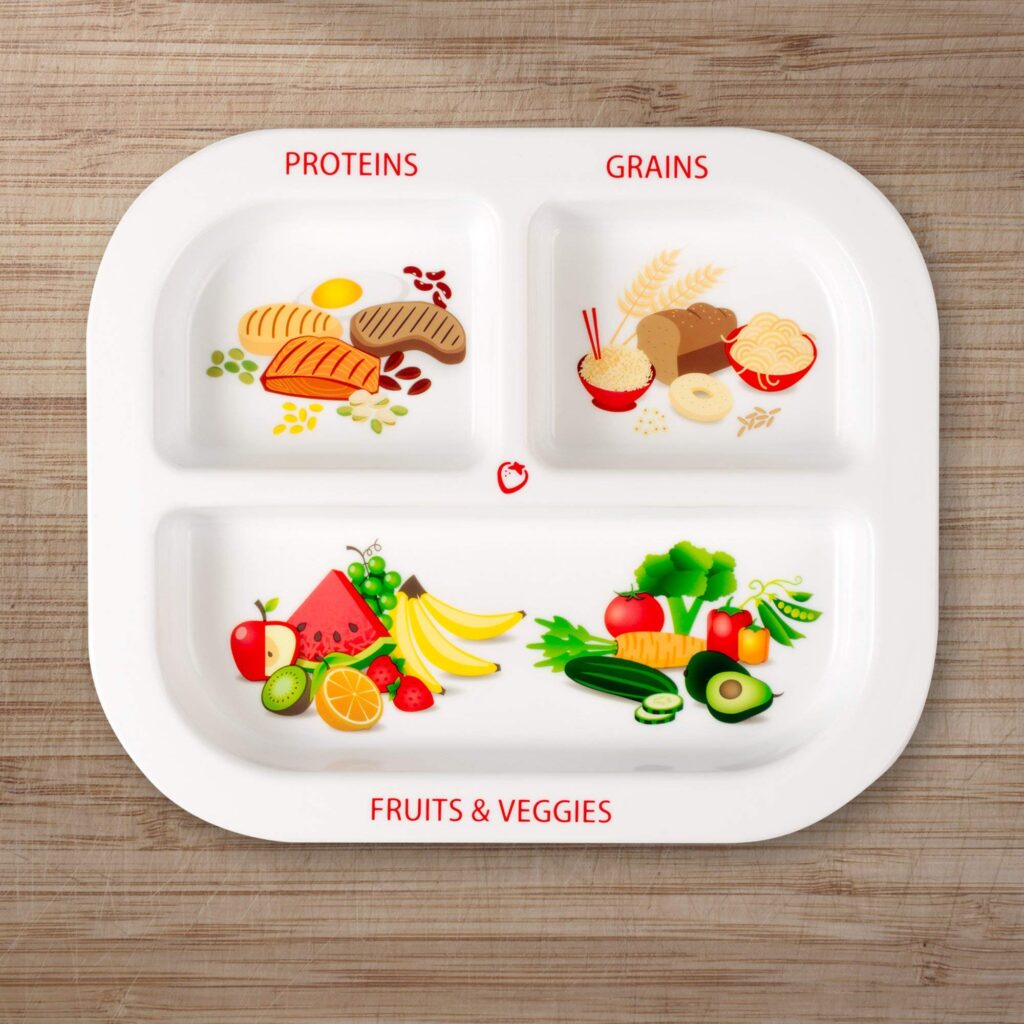
- Fruits and Vegetables:
- Encourage a variety of colorful fruits and vegetables to provide essential vitamins, minerals, and antioxidants.
- Aim for at least five servings per day, incorporating options like apples, berries, carrots, spinach, and broccoli.
- Whole Grains:
- Choose whole grain options such as whole wheat bread, brown rice, oats, and quinoa to provide fiber and sustained energy.
- Limit refined grains and sugary snacks.
- Protein Sources:
- Include lean protein sources like poultry, fish, eggs, tofu, beans, and lentils for muscle growth and repair.
- Ensure a balance of animal and plant-based protein options.
- Dairy or Alternatives:
- Provide calcium-rich foods like milk, yogurt, and cheese to support bone health.
- Opt for low-fat or non-fat dairy options for children over two years old.
- Healthy Fats:
- Incorporate sources of healthy fats such as avocados, nuts, seeds, and olive oil to support brain development.
- Limit saturated and trans fats found in processed foods and fried items.
- Hydration:
- Encourage water as the primary beverage choice throughout the day.
- Limit sugary drinks like soda, fruit juices, and sports drinks.
For Adults:
For adults, maintaining a balanced diet is essential for overall health, energy levels, and disease prevention.
A balanced diet plan for adults should include:
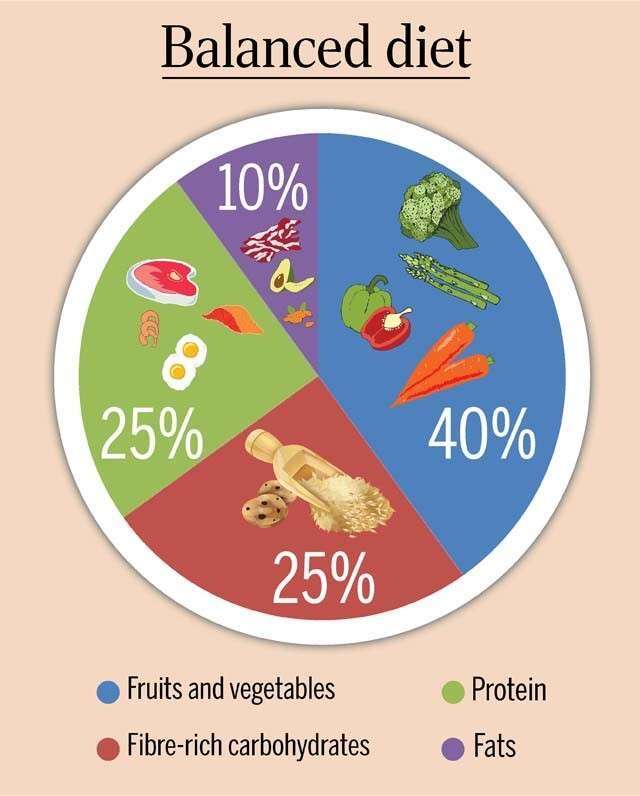
- Portion Control:
- Practice mindful eating and portion control to manage calorie intake and maintain a healthy weight.
- Use smaller plates, and be mindful of portion sizes when dining out.
- Lean Proteins:
- Incorporate lean protein sources such as poultry, fish, lean cuts of beef or pork, eggs, tofu, tempeh, and legumes.
- Aim for a variety of protein sources throughout the week.
- Whole Grains:
- Choose whole grain options like whole wheat bread, brown rice, quinoa, barley, and oats for fiber and sustained energy.
- Limit refined grains and processed carbohydrates.
- Colorful Fruits and Vegetables:
- Include a variety of colorful fruits and vegetables to provide essential vitamins, minerals, and antioxidants.
- Aim for at least five servings per day, incorporating options like leafy greens, berries, citrus fruits, and cruciferous vegetables.
- Healthy Fats:
- Incorporate sources of healthy fats such as avocados, nuts, seeds, fatty fish (salmon, mackerel, sardines), and olive oil.
- Limit saturated and trans fats found in processed foods and fried items.
- Hydration:
- Drink plenty of water throughout the day to stay hydrated and support bodily functions.
- Limit sugary drinks and alcohol consumption.
For Older Persons:
As individuals age, their nutritional needs may change, requiring adjustments to their diet plans.
A balanced diet plan for older persons should focus on:
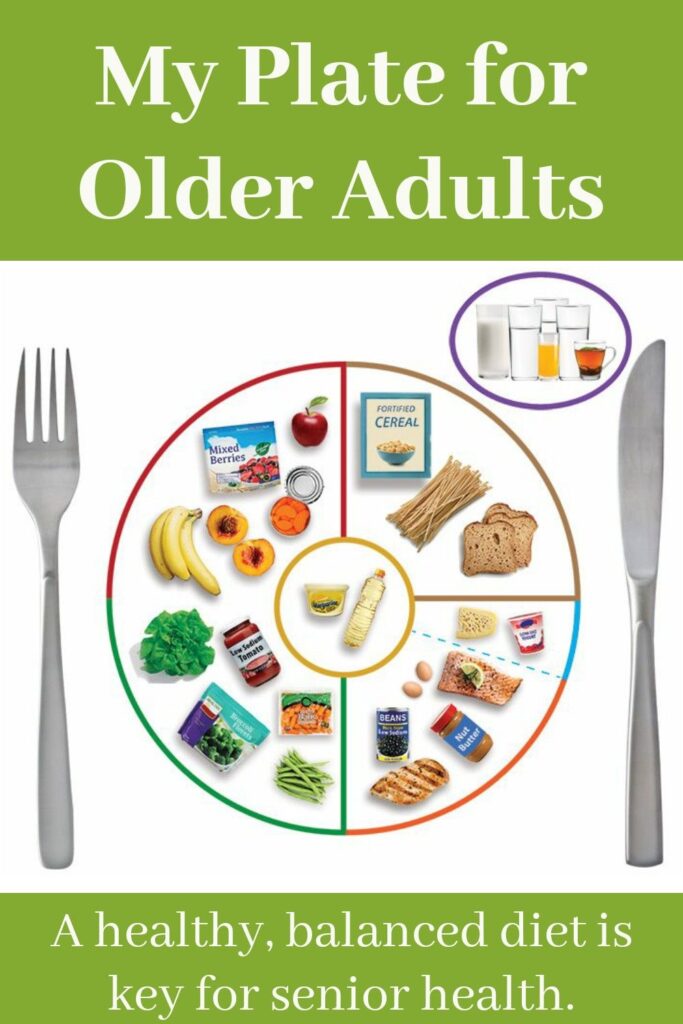
- Nutrient-Dense Foods:
- Choose nutrient-dense foods that provide essential vitamins and minerals to support overall health and vitality.
- Incorporate lean proteins, whole grains, fruits, vegetables, and healthy fats into meals.
- Calcium and Vitamin D:
- Ensure adequate intake of calcium and vitamin D to support bone health and prevent osteoporosis.
- Include dairy products, fortified foods, leafy greens, and fatty fish in the diet.
- Fiber-Rich Foods:
- Incorporate fiber-rich foods like fruits, vegetables, whole grains, and legumes to support digestive health and prevent constipation.
- Adequate fiber intake can also help manage cholesterol levels and promote heart health.
- Hydration:
- Older adults may have a decreased sense of thirst, making them more prone to dehydration.
- Encourage adequate fluid intake through water, herbal teas, soups, and hydrating fruits and vegetables.
- Protein for Muscle Health:
- Include protein-rich foods in meals and snacks to support muscle strength and prevent muscle loss associated with aging.
- Aim for sources like lean meats, poultry, fish, eggs, dairy, beans, and nuts.
- Healthy Fats and Omega-3s:
- Incorporate sources of healthy fats and omega-3 fatty acids to support brain health and reduce inflammation.
- Include foods like avocados, nuts, seeds, fatty fish, and olive oil in the diet.
General Tips for All Age Groups:
- Moderation and Variety:
- Encourage a balanced diet that includes a variety of foods from all food groups in moderation.
- Mindful Eating:
- Practice mindful eating habits, paying attention to hunger and fullness cues, and enjoying meals without distractions.
- Limit Added Sugars and Sodium:
- Reduce intake of foods and beverages high in added sugars and sodium, opting for natural sources of sweetness and flavor.
- Physical Activity:
- Combine a balanced diet with regular physical activity to support overall health, maintain a healthy weight, and reduce the risk of chronic diseases.
In Conclusion:
Developing good food habits is essential for managing and preventing constipation. By incorporating fiber-rich foods, staying hydrated, and avoiding dietary factors that contribute to constipation, individuals can promote optimal digestive health. Recognizing the impact of diet on bowel function empowers anyone to make informed choices that support overall well-being and alleviate constipation symptoms.
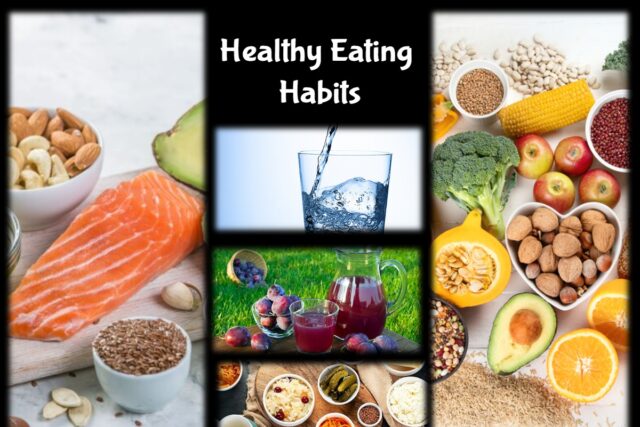
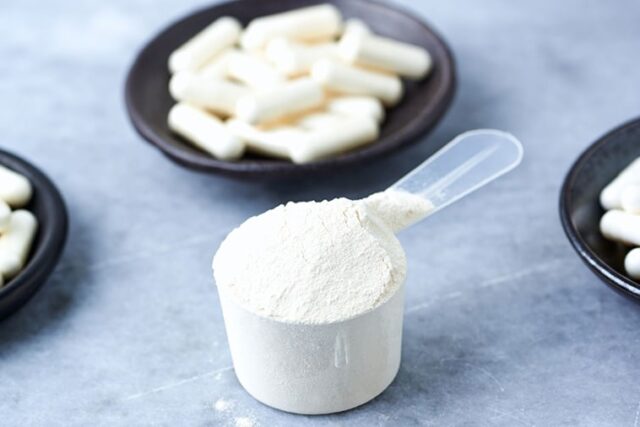
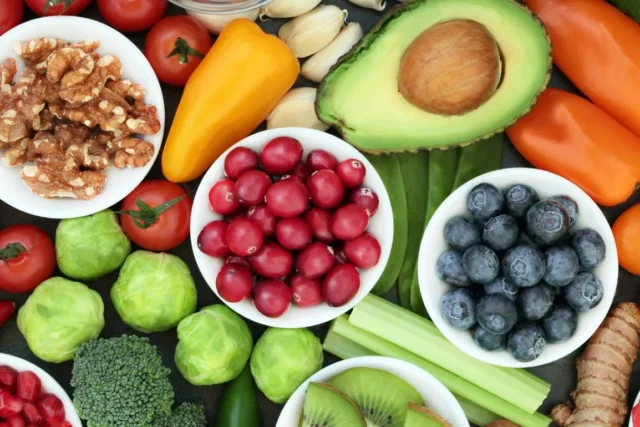
MOST COMMENTED
Animal-Based Proteins / Casein Protein / Dietary Protein / High-Protein Diets / Pea Protein / Plant-Based Proteins / Protein / Protein Deficiency / Protein Supplements / Proteins / Whey Protein / Whey Proteins
Is Protein Powder Safe for Teenagers and Children?
Animal-Based Proteins / Casein Protein / Dietary Protein / High-Protein Diets / Pea Protein / Plant-Based Proteins / Protein / Protein Deficiency / Protein Supplements / Proteins / Whey Protein / Whey Proteins
Unlock the Power of Proteins for Optimal Gut Health
Multivitamin
Total Health: Multivitamin for Active Lifestyles
Multivitamin
WellnessFusion: Complete Multivitamin Support
Dietary Supplement
Revitalize Your Health: The Magic of Red Yeast Rice Capsules
Foot care / Foot Health
Revitalize Your Foot Care Routine: Essential Tips for Optimal Foot Health
Foot Problem / Diabetics / Foot Health
Diabetics: Mastering Footwear Selection for Enhanced Foot Health and Ultimate Comfort
Exercises and Footwear Tips for Hammertoe Relief / Foot care / Foot Health / Foot Pain / Foot Problem / Hammertoes
Unlock Effective Exercises and Footwear Tips for Hammertoe Relief
Hammertoes / Foot Health / Foot Pain / Foot Problem
Unlock Relief: Essential Guide to Hammertoes Causes, Symptoms, and Treatments
Foot Problem / Foot Health
Revolutionize Your Recovery: Natural Remedies for Plantar Fasciitis – Fresh Home Keepers